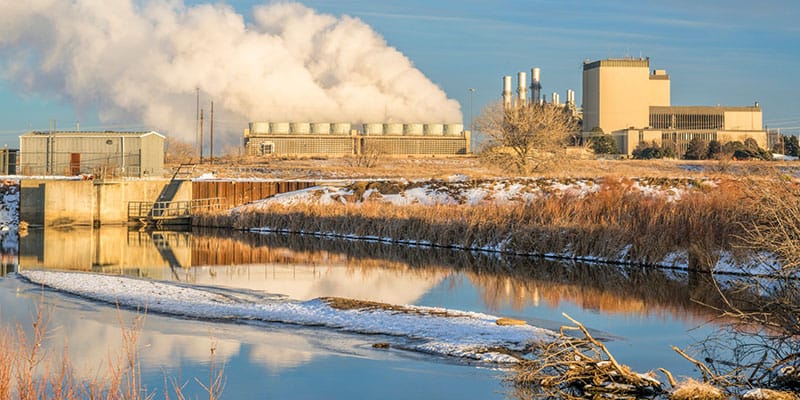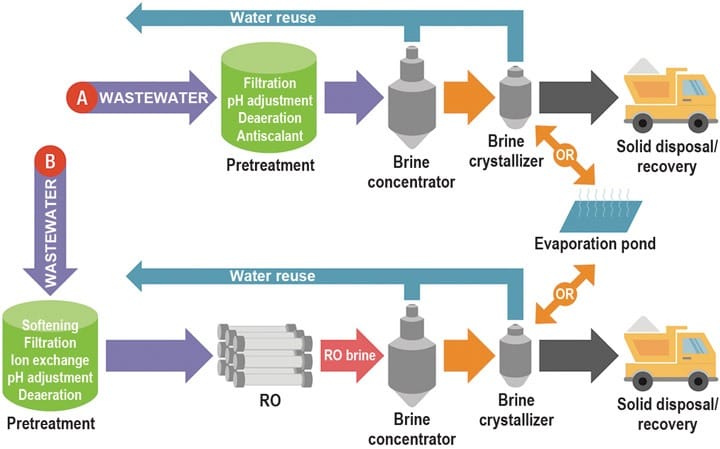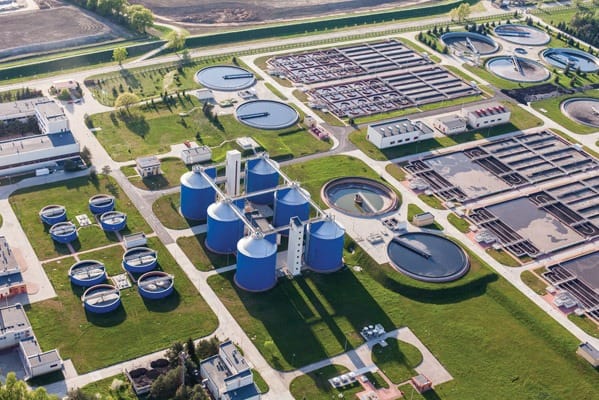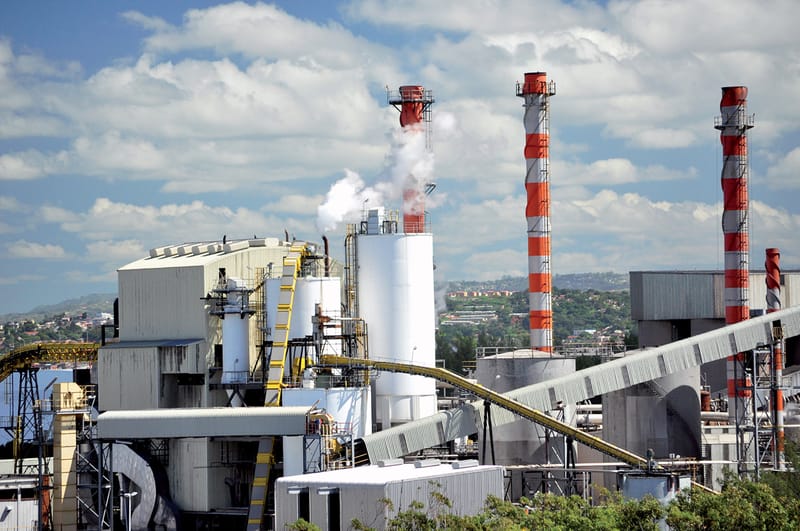A Comprehensive Approach to Water Security and Sustainability in a Changing World
Contents
The Importance of Industrial Wastewater Reuse
In the face of growing environmental concerns, a growing global population, and the ever-present threat of climate change, all sectors, including industry, must prioritize sustainable water resource management. As freshwater becomes more scarce and unpredictable, industrial wastewater reuse and recycling are emerging as critical strategies for ensuring water security, promoting environmental responsibility, and realizing significant economic benefits.
This comprehensive approach goes beyond mere water conservation. It represents a paradigm shift in industrial water management, unlocking a multitude of benefits.
- Improved water security: By reducing reliance on freshwater resources, industries are less vulnerable to fluctuations in availability and quality, reducing risks from droughts, floods, and other climate-related challenges. This ensures consistent water availability for extremely important industrial processes, thereby ensuring operational continuity and economic stability.
- Bringing down operational costs: Treating and reusing wastewater eliminates the need for purchasing and transporting freshwater, resulting in significant savings for businesses. These savings can be significant, especially around areas with high water scarcity or rising freshwater prices.
- Improved Environmental Performance: This Industrial wastewatercan harm ecological systems if not dealt with. Reuse helps decrease environmental impact by lowering wastewater discharge and pollution. This helps to preserve water quality, maintain healthy aquatic environments, and promote overall sustainability of the environment.
- Environmental regulations are driving the widespread implementation of environmentally friendly water-management practices. Wastewater reuse enables industries to stay in line with these regulations while avoiding potential penalties, ensuring both legal and environmental compliance.
- • Social Responsibility: Reusing water demonstrates environmental stewardship and aligns businesses with the global movement towards sustainable practices. This improves companies' public image, encourages positive community engagement, and strengthens relationships with green-conscious potential consumers and investors.

Unlocking the Potential: A Spectrum of Applications with Diverse Benefits
The potential applications of treated wastewater extend far beyond traditional disposal methods. With advancements in treatment technologies, industries can now beneficially reuse treated wastewater in diverse ways:
- Cooling Tower and Boiler Blowdown: Traditionally discharged, treated wastewater can be used to replenish cooling towers and boilers, extending equipment lifespan and reducing reliance on freshwater for these essential industrial processes. This not only conserves water but also improves energy efficiency by reducing the need for freshwater treatment and heating.
- Landscape Irrigation: Treated wastewater can be made use of for irrigation purposes of inedible plants in industrial landscaping tasks which decreases the dependence on municipal water supplies and minimizing water from the atmosphere usage for non-essential purposes. This enables industries to continue preserving aesthetics while saving valuable freshwater resources.
- Advanced treatment technologies can treat wastewater to a level suitable for the flushing of toilets and other non-potable uses, building up the possibilities for water reuse. This may substantially decrease the use of freshwater in facilities that have strict sanitary demands for water. .
These examples demonstrate the flexibility and efficacy of water reuse strategies in addressing water scarcity, reducing reliance on freshwater resources, promoting sustainable industrial practices, and contributing to a more circular economy in which resources are used and reused efficiently.

Tailoring Solutions to Maximize Benefits: Partnering for Optimal Results
Implementing effective water reuse systems necessitates a tailored approach that accounts for each industry's unique needs and water quality requirements. Partnering with experienced providers, such as Evoqua, who provide a wide range of equipment and expertise, is critical for developing efficient and cost-effective solutions that meet specific industry needs while maximising the potential benefits of water reuse. This may involve conducting thorough feasibility studies, selecting the most appropriate treatment technologies, designing customized treatment systems for optimal performance, and providing ongoing operational and maintenance support.
A compelling business case: Beyond sustainability, building resilience, and future-proofing operations.
The adoption of water reuse practices has been driven by a strong economic argument that goes far deeper than concerns about the environment. It is a sound investment that provides tangible benefits across multiple dimensions.
- Reduced freshwater dependence results in lowering of water procurement and treatment costs, improving operational efficiency and bottom line. These cost savings can be substantial, especially when dealing with areas with high water scarcity.
- Demonstrating a dedication to environmental sustainability by means of water reuse improves brand image and further solidifies relationships with eco-conscious customers as well as investors. It aligns businesses with the growing global trend of responsible resource management.
- Future-Proofing Operations: By reducing reliance on vulnerable freshwater supplies, industries can become more resilient to potential water shortages and unexpected events, to guarantee long-term functional environmental sustainability in the resource-constrained world.
- Optimized drinking water management through reuse can improve process the effectiveness and reduce time off, due to water-related problems with the environment. This contributes to overall efficiency as well as profitability.

Real-world Examples: Inspiration and Innovation
- Tampa Electric successfully utilizes treated wastewater for cooling power stations, thereby reducing the use of freshwater and harmful effects on the environment.
- Frito-Lay and other food and beverage businesses use advanced waste water treatment systems to reuse water, reducing waste and optimizing usage. Data centers present a potential large-scale utilization scenario in which wastewater that has been treated can be effectively used to cool the procedures.
- Data Center Alley demonstrates how public-private partnerships can advance water reuse technologies. These initiatives involve collaboration between data centers and municipalities to implement large-scale water reuse projects, which maximize resource utilization while providing significant environmental benefits. These examples demonstrate the feasibility analysis along with advantages across a number of sectors.

Individualized Solutions for Empowering Change
In addition to large-scale collaborations, individual facilities may additionally have an essential role in advancing water reuse. Duke University's initiatives, that employ advanced water purification and treatment techniques to allow for high levels of water reuse, demonstrate how facilities may implement and adopt innovative water management approaches.
Conclusion
Industrial wastewater reuse serves as an effective solution to both water scarcity and environmental issues. Industries can pave the way for a more resilient and environmentally friendly future by exploring various applications, tailoring solutions to their particular industries, and understanding the compelling business case.